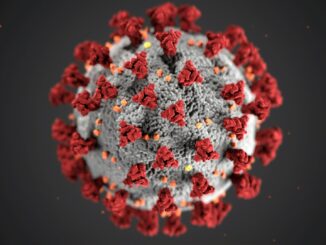
There is a race against the Marburg virus outbreak to produce a vaccine. The virus is spreading in Rwanda and is a race against time.
Marburg virus outbreak
Around 27 case recorded with 9 deaths occurred as of 30th September in the African counties. The Marburg virus outbreak can cause casualties and similar to Ebola virus. It causes haemorrhages and fever. Healthcare workers at Kigali hospitals are most at risk due to high levels of contact with infected people.
So far no approved therapies or vaccines known to counter the virus. In the event the current outbreak continues, contagion levels remain high. Researchers are gathering crucial data in order to find out the safety measures and preventative mechanisms.
The World Health Organization (WHO) in Geneva, Switzerland, hosted a teleconference involving Scientist from Rwanda. The scientists are working towards a series of vaccines and treatments through the aid of non-profit organisations and group of companies.
Vaccine Development
The University of Oxford developed a similar vaccine in order to test the Marburg virus outbreak. Thus far, the vaccine has proved to be effective towards the participants of the trial which is currently on-going in the UK.
There remain presently no doses available according to Mark Feinberg, chief executive of the International Aids Vaccine Initiative in New York City. However, organisations are currently putting in the work to bringing new developments and a vaccine similar to Ebola.
Conclusion
Efforts to combat the Marburg virus outbreak are accelerating, with vaccine development showing promising progress.
Key Points
- The outbreak, with 27 recorded cases and 9 deaths, is spreading in Rwanda, posing a threat similar to Ebola.
- Scientists are working on developing vaccines and treatments, with the University of Oxford testing a promising vaccine in the UK.
- No doses are available yet, but efforts are underway to produce a vaccine with support from non-profit organizations and companies.



